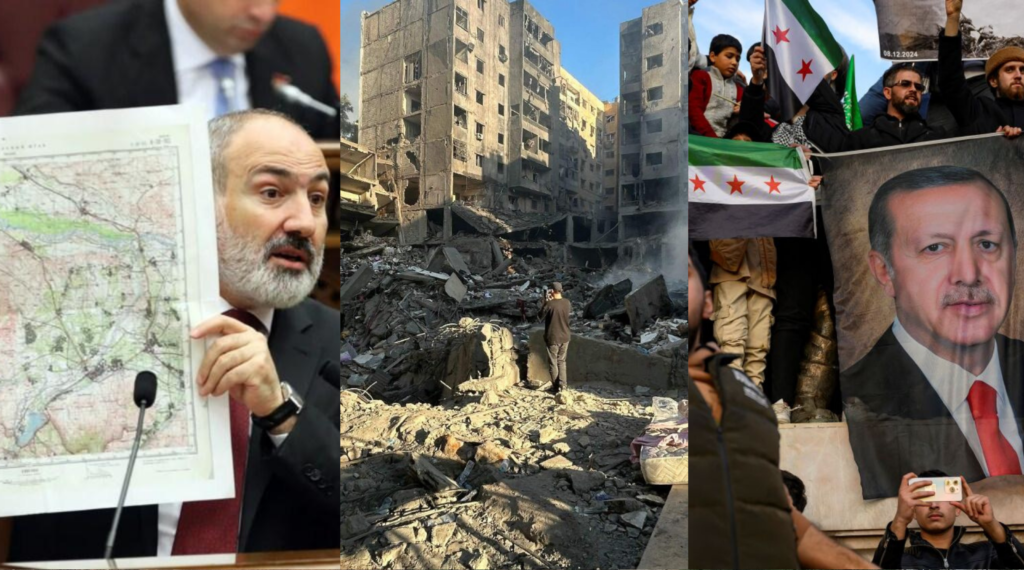
Armenia, Lebanon, Syria: What Geopolitical Developments Should Be Expected, and What Steps Should Armenia Take?
Following the establishment of the ceasefire in Lebanon, Syrian actions began. The weakening of the Lebanon-Syria resistance network was a necessary step for the initiation of regime change processes in Syria, which involved the removal of Assad’s regime and the assumption of power by new forces.
In an interview with AMNEWS, Shahan Gantaharyan, the editor-in-chief of the Lebanese-Armenian newspaper Azdak, discussed the current situation among the Lebanese-Armenian community, the changes that have occurred, and what steps Armenia should take following these geopolitical developments.
Lebanese Armenians bore the heavy consequences faced by the Lebanese society during the recent war. There were crises in financial, economic, security, and related social issues. However, the community demonstrated unity and worked in a coordinated manner. Armenian political parties and affiliated organizations supported refugees. Since the ceasefire, it can be said that, overall, it has been upheld, and life is gradually returning to normal.
According to Gantaharyan, it is difficult to predict the upcoming developments because the general trend is that a new political map is being drawn for the Middle East. Turkey has become more active in the region, and the military-political cooperation between Turkey and Israel is becoming increasingly evident.
He explains that the alignment of interests among the region’s main players, such as the United States, Turkey, which plays a central role in Syria, and Israel, which has already established control over certain Syrian territories, makes the situation uncertain. This will require time to unfold.
The editor-in-chief of Azdak discussed possible developments and emphasized what steps Armenia should take in this situation.
The main players remain largely the same. I mean the United States, Russia, Iran, and Turkey, who are involved in the ongoing processes in two regions. In this context, Armenia must take into account the growing cooperation between Turkey and Israel, as well as between Azerbaijan and Israel, particularly in the military sector. Based on this, Armenia should try to anticipate the future challenges, knowing that one of Israel’s goals is to establish a presence in areas near the Iranian border and to have bases there, this is partly what Israel did by engaging in the Artsakh war and setting up several outposts in areas close to Iran after the war.
In parallel, the pan-Armenian expert community must be able to accurately analyze the situation both in the Middle East and in the South Caucasus. There is a need for sober and accurate assessment, analysis, and the ability to predict potential scenarios and prepare accordingly for those scenarios.
